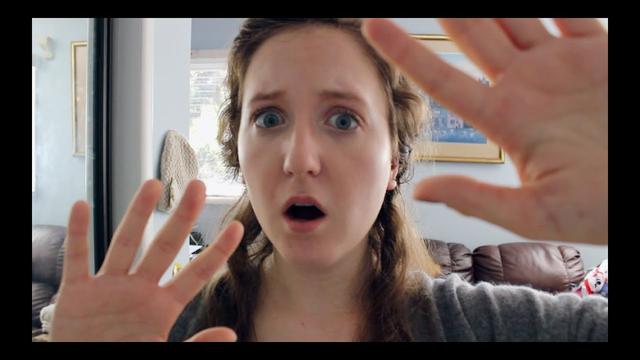When I first started recording videos for my business, I had to get comfortable being on camera. So, I watched myself in countless practice videos. I would stare at my face in the replay and think, “What happened?” It seemed like overnight I went from a dewy faced girl to an old wrinkled lady.
Admittedly, I have never liked seeing myself depicted in photos. Like many people, I always think I look better in real life. But in looking at those practice videos I felt something different than before. This time I felt an emotion I had never previously associated with my appearance. This time I felt shame.
I felt ashamed to look so old. Why would I feel like that? In many respects this was one of the most confident, energetic, and enthusiastic times in my life. I felt proud of my lifetime accomplishments. Yet, when I saw my wrinkled face in those videos, I wanted to hit the delete button?
I am not alone. In a recent survey 60% of Americans identified as feeling negatively about aging. In another survey 87% of Americans said they were afraid of getting old. The media is filled with messages like “Growing old is optional” and, “You can reverse the aging process,” Isn’t aging a part of life? Why are we afraid and ashamed of growing older?
At first, I thought that those shameful feelings may have stemmed from an inability to accept death. Unlike other cultures, most Americans do not accept that death is a part of life. In fact, we seem to prefer to talk about any other subject (except for one’s salary).
Sure, I don’t relish the idea of death. But it was not fear that I felt when I watched those practice videos. It was shame. So, the fear of death was not the answer.
Next, I thought the feeling of shame may have materialized from America’s emphasis on youth and beauty over age and experience. Many cultures have a deep respect for their elders and even celebrate aging. America is not one of them. Instead, we have a booming billion-dollar anti-aging culture.

Part of our reluctance to feel at ease with aging may be attributed to the fact that older people are not favorably depicted in the media or in Hollywood. A study found that older faces are perceived to be less attractive by younger people because they have had less exposure to older faces. Face preferences are updated by our experience and exposure to faces across our lifespan.
I am not immune to our societal message that I should look young to feel relevant. I agree that for a more harmonious society younger people should be exposed to and interact with older people on a more regular basis. But when I looked at those practice videos, I did not feel marginalized or irrelevant. I felt shame. So, my quest to source my feeling of shame continued.
Finally, after more thought, I figured out the origin of my shameful feelings. Ironically, those feelings stemmed from the very characteristics that make me American. We Americans pride ourselves as being a strong and independent people. Yet, aging very often forces us to ask for help from our family, community, or government. The thought of asking for help can feel emotionally threatening as it may appear as a sign of weakness and dependence. We feel shameful about aging because it forces us to admit we are not as strong and independent as we used to be. No surprise so many of us want to age in place. If we can remain in our homes, we feel that we are preserving that independence.
Once I sourced those shameful feelings, I needed to figure out a way to combat them and embrace my aging face. According to shame researcher, Brene Brown, shame grows in secrecy, silence, and judgment. The antidote is empathy.
So, I started to focus on the good things about growing older. I reminded myself of the freedom my empty nest provided. I recognized that my older face was good for business because it projected career experience to my clients. And I was heartened by a study which concluded that age provides an emotional and social intelligence not seen in younger generations. This intelligence leads most older people to a lower level of stress and a higher level of happiness.
We all grow older everyday but that does not have to be a bad thing. Aging can bring on wisdom, emotional intelligence, and a higher level of happiness. Like aging, estate planning also has its benefits. The trick is to create an estate plan early so we can enjoy those benefits and avoid feeling shame or fear that we have not checked off estate planning in our to-do box.
708-819-1580
www.theresaclancylaw.com
theresa.clancy@theresaclancylaw.com









